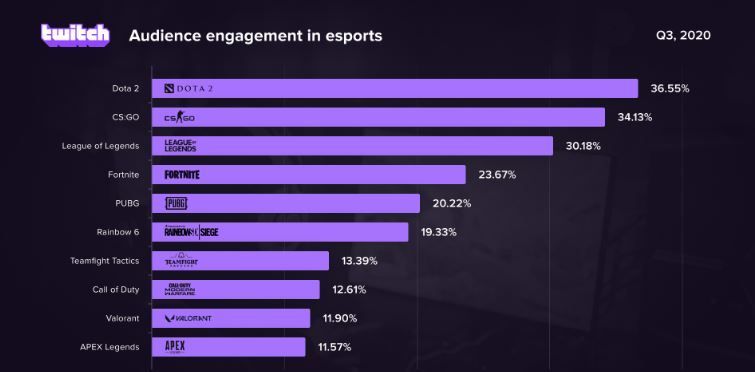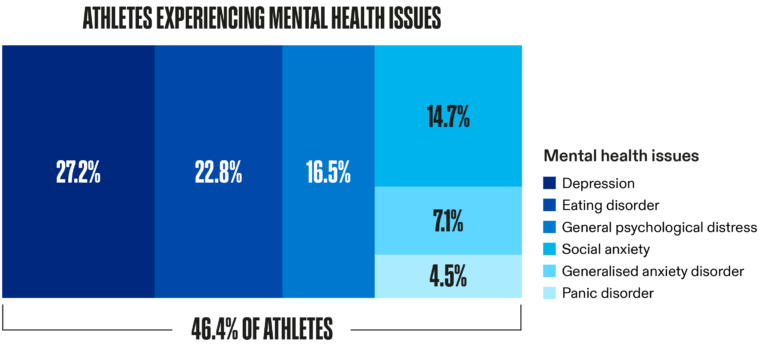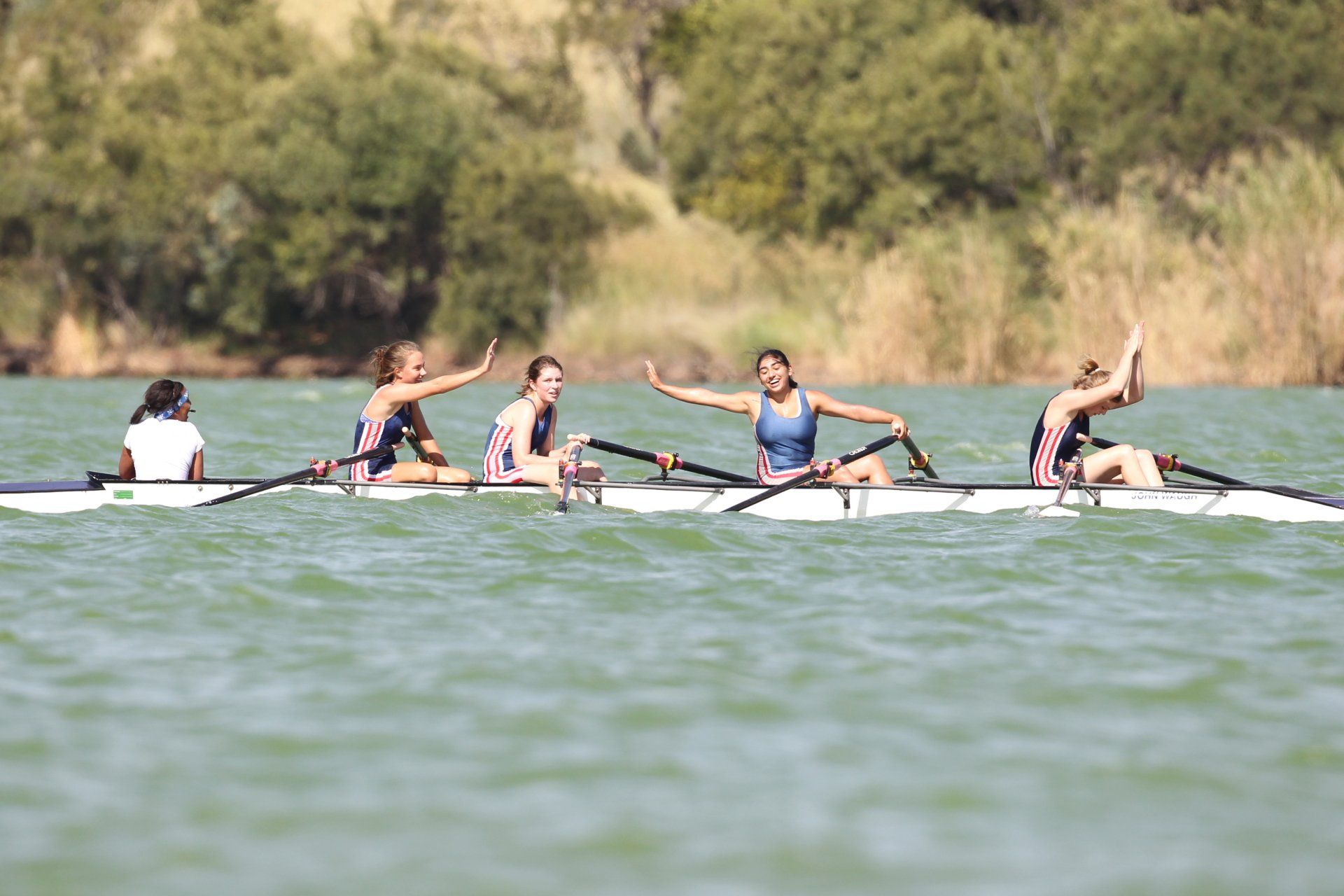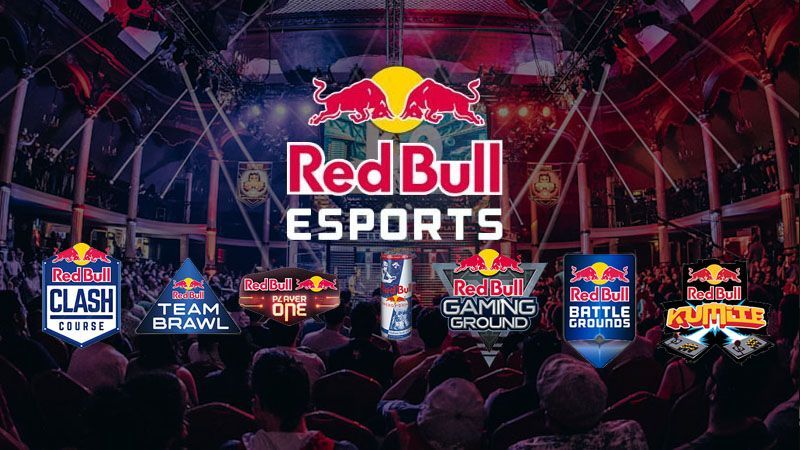Comparing Esports & Traditional Sports: The Unique Aspects and Global Impact
In recent years, esports has surged in popularity, drawing comparisons to traditional sports such as football, basketball and tennis. Whether you're a die-hard footie fan or new to the world of competitive gaming, understanding the key differences and similarities between these two forms of entertainment can provide interesting insight. This blog explores the unique aspects of Esports and traditional sports, examining what sets them apart and how they overlap.
Esports possibly known as electronic sports, involves competitive video gaming. Players, known as gamers or athletes, compete individually or in teams across various Esports titles. These competitions are often streamed online and watched by millions worldwide. Exampls of Esports titles include; League of Legends, Dota 2, Counter-Strike: Global Offensive, and Fortnite.
What Are Traditional Sports?
Traditional sports refer to physical activities involving skill and physical exertion, often competitive, governed by rules, and typically engaged in by teams or individuals. Common examples include football, basketball, tennis, and baseball. These sports have a long history, with established leagues, teams, and fanbases.
Major Differences Between Esports and Traditional Sports
1. Physical Exertion vs. Mental Agility in Sports
- Traditional Sports: Require significant physical effort, stamina, and fitness. Athletes undergo tough physical training to enhance their strength, speed, and endurance.
- Esports: Primarily demand mental agility, quick reflexes, strategic thinking, and precise hand-eye coordination. Physical fitness is considered important but not to the same extent as traditional sports.
2. Infrastructure and Equipment Requirements
- Traditional Sports: Need physical spaces like stadiums, courts, and fields. Equipment includes items like balls, bats, and protective gear.
- Esports: Require digital infrastructure, including powerful gaming PCs or consoles, high-speed internet, and gaming peripherals such as keyboards, mice, and headsets.
3. Accessibility & Global Reach
- Traditional Sports: Participation can be limited by access to facilities and equipment. Geographic location can also impact opportunities.
- Esports: More accessible globally, as anyone with a computer and internet connection can participate. Online platforms facilitate worldwide competition and viewership.
4. Audience Engagement and Consumption
5. Career Longevity and Health Concerns
Traditional Sports: Athletes' careers are often shorter due to physical wear and tear, injuries, and the aging process.
Esports: Gamers can have longer careers, though they face risks like repetitive strain injuries, eye strain, and mental health challenges from long gaming sessions.
The figure below provides statistics on traditional sports athletes having mental health issues:
Key Similarities Between Esports and Traditional Sports
Of course competition in both Esports and traditional sports is intense. Athletes and gamers dedicate countless hours to practice, strategy, and improvement to achieve excellence.
2. Team Dynamics in Esports and Sports
Teamwork, communication, and coordination are crucial. Whether it's a basketball team or an Esports team, success often hinges on effective collaboration and understanding.
3. Professional Leagues and Tournaments
Both feature professional leagues, tournaments, and championships that draw massive audiences. Examples include the NFL and NBA for traditional sports, and the League of Legends World Championship and The International for esports.
4. Sponsorship and Endorsements
5. Fan Culture and Community
Both have passionate fanbases that celebrate their favorite teams and players. Fan culture includes attending live events, participating in discussions on social media, and supporting through merchandise purchases.
Conclusion: Bridging the Gap
Esports and traditional sports, while distinct in many ways, share several similarities that highlight their importance in the realm of competitive entertainment. As technology continues to evolve, the lines between these two forms of sports may blur further, offering new opportunities for athletes, gamers, and fans alike.
Whether you're a fan of the physical prowess displayed in traditional sports or the strategic depth of esports, there's no denying the excitement and dedication both bring to the world of competitive play.












